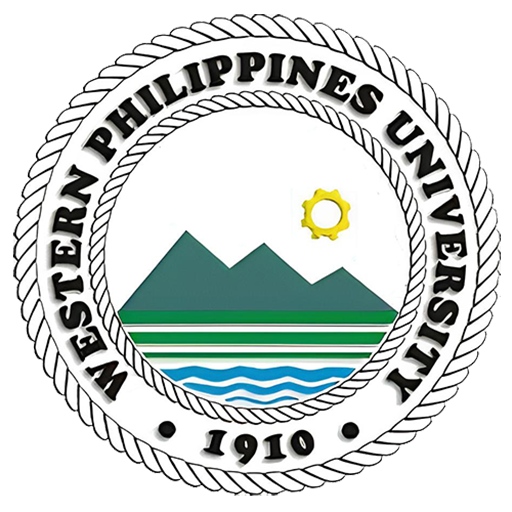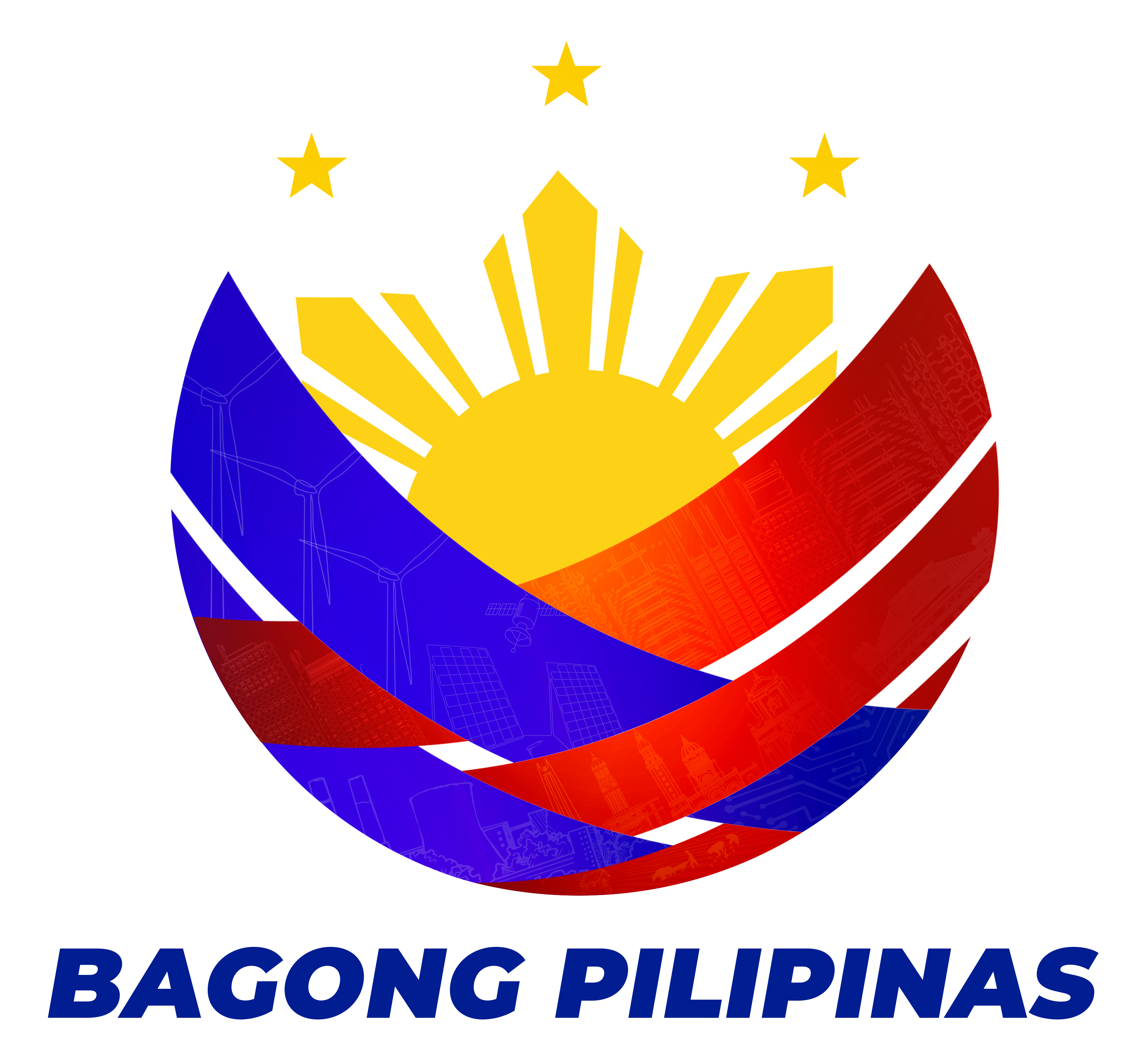FRIDAY October 11, 2024 – The department of Home Economics with their partner cooperatives namely the Aborlan Rainbow Marketing Cooperative (ARMC) and RICs from various barangays conducted a farm tour in WPU SAKA, followed by a training on meat processing using free-range paraoakan and native chicken.

The Paraoakan (or Pawakan) is a breed native to Malaysia and was introduced to the Philippines in the 14th century. Today, it’s mainly farmed in the province of Palawan. Among the native chicken breeds in the Philippines, the Paraoakan is among the largest. Unfortunately, the meat of Paraoakan chicken is significantly firmer than other breeds due to their slow growth rate resulting in stronger muscular structure. Thus, Paraoakan chickens are mainly farmed for their use in local sports, rather than a food source.

The WPU Department of Home Economics’ faculty, with their expertise in food processing, were able to come up with innovative ways to utilize the otherwise underutilized source of meat. Through the results of their research, Dr. Rogelio Lopez – Head of the Paraoakan Project, and Dr. Anne Gellie Pablo-Limco were able to come up with Paraoakan with a much softer meat. Thus, they were able to use Paraoakan for various food products such as chicken nuggets, longganisa, embutido, and even oven-cooked whole chicken.


Paraoakan chicken, once only used for local sports, can now make its way to our local meat markets. This innovation in poultry production and processing presents magnitudes of opportunities to our partner cooperatives in terms of new business ventures, as well as opening a huge door for small communities in Palawan in terms of sustainable agricultural production.
WPU Department of Home Economics continues its stride to conduct relevant research, create innovation, and perform impactful extension activities towards attaining the University’s Sustainable Development Goals.
[This article is in line with the SDGs 2, 3, 4, 10, 15 & 17]


